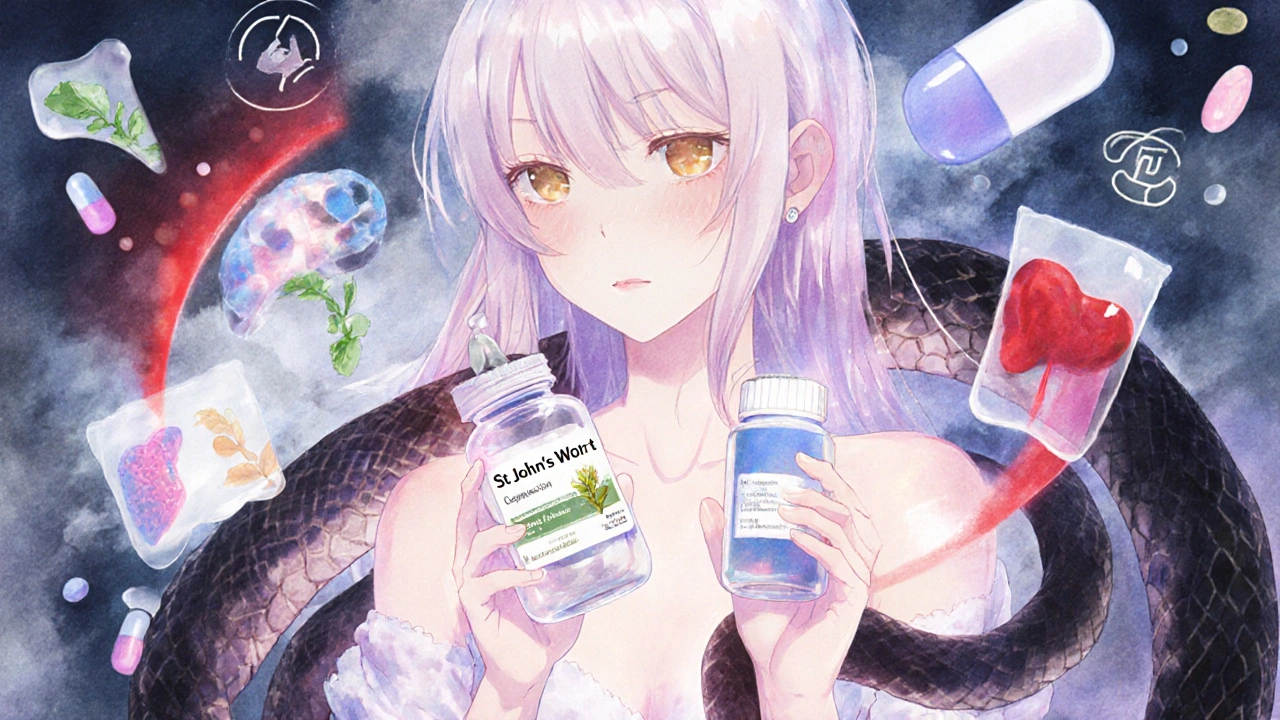Supplement Safety Checklist: What You Need to Know Before Taking Anything
When you pick up a supplement safety checklist, a simple guide to verify if a supplement is safe for your body, health conditions, and current medications. Also known as a supplement risk assessment, it’s not just a list—it’s your last line of defense against hidden dangers. Most people think supplements are harmless because they’re sold over the counter. But that’s a myth. A 2021 study by the FDA found over 775 dietary supplements contained hidden pharmaceuticals—some linked to liver damage, heart attacks, and strokes. You don’t need to be an expert to stay safe. You just need to ask the right questions.
One of the biggest risks? supplement interactions, when a vitamin, herb, or mineral clashes with your prescription drugs. For example, if you’re on blood thinners like warfarin, taking garlic or ginkgo biloba can spike your bleeding risk. If you’re taking statins for cholesterol, red yeast rice can cause muscle damage—same as the drug, but without the safety testing. Even something as simple as vitamin K can mess with your blood pressure meds. These aren’t rare cases. They happen daily. And most people never connect their new supplement to the weird side effect they just got.
Then there’s dietary supplements, products marketed to boost energy, immunity, or muscle growth, but often unregulated and poorly tested. The label says "natural"? That doesn’t mean safe. The FDA doesn’t approve supplements before they hit shelves. Companies can make claims without proof. A 2023 Consumer Reports test found one popular weight-loss supplement contained a banned stimulant linked to heart rhythm problems. Another had lead levels above legal limits. You can’t trust the bottle. You need a checklist.
Who’s most at risk? Seniors. People on multiple medications. Pregnant women. Anyone with liver or kidney issues. If you’re taking more than three pills a day, you’re already playing Russian roulette with your supplement choices. The supplement safety checklist isn’t for the cautious—it’s for anyone who wants to avoid ending up in the ER because they thought "more is better."
What should your checklist include? Start with: Are you on any prescription drugs? Does this supplement have a third-party seal (USP, NSF, or ConsumerLab)? Is the dosage backed by real studies—or just hype? Is it made in a facility inspected by the FDA? Does it list every ingredient, even "proprietary blends"? If the label hides anything, walk away. And never take a supplement just because your friend swears by it. What works for them might poison you.
Below, you’ll find real cases from people who learned the hard way. One man took a testosterone booster and ended up with a heart attack. A woman with arthritis took turmeric and got a dangerous drop in blood pressure. Another started a new vitamin and triggered a seizure. These aren’t outliers. They’re examples. And each story ties directly to a checklist item you need to verify before you swallow another pill. This isn’t about fear. It’s about control. You have the right to know what’s in your body. Let’s make sure you do.

